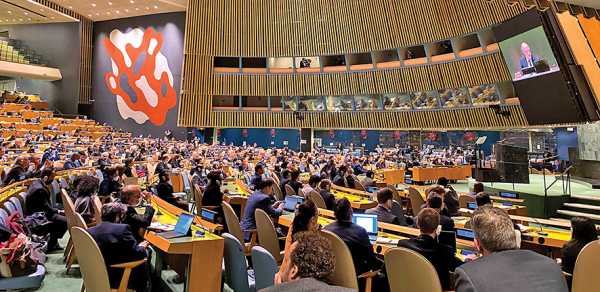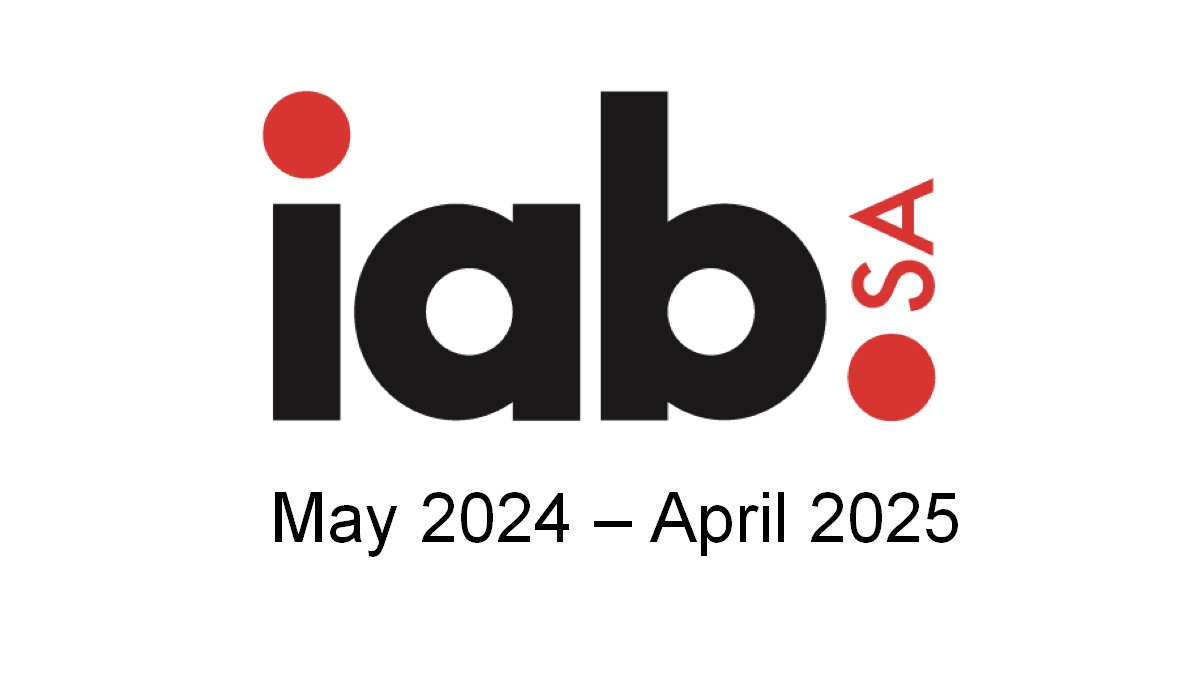In early March, the UN General Assembly voted on a resolution demanding Russia immediately stop its military operations in Ukraine.
Out of 193 member states, 141 voted in support of the resolution, five voted against it, 35 abstained and 12 didn’t vote.
Of the 54 African member states, Eritrea voted against the resolution, 16 African countries, including South Africa abstained, while nine did not vote.
In all, about half (26) of the 54 member states in Africa chose the path of neutrality.
So why did many African countries not vote to support the resolution?
The decision of several African countries to stay neutral, and avoid condemning Russia for its invasion of Ukraine, was made on issues relating directly to the conflict, as well as broader security, economic and political considerations.
There are five key reasons. These include scepticism towards Nato and its motives; growing reliance among some countries on Moscow for military support; growing dependence on wheat and fertiliser imports; and a sense that this is a return of the Cold War.
African countries have based their decisions on strategic calculations of how the conflict will affect them rather than on the humanitarian catastrophe arising from the conflict. This is in contrast to the European Union, which has been able to converge and take a unanimous stance on the conflict.
First, some African countries, including South Africa, see Nato as the aggressor with its expansion eastwards. This, in the view of these countries, constitutes a threat to Russia.
President Cyril Ramaphosa recently blamed the organisation for the war in Ukraine, stating that “the war could have been avoided if Nato had heeded the warnings from among its own leaders and officials over the years that its eastward expansion would lead to greater, not less, instability in the region”.
This is not the first time African countries have been sceptical of Nato’s activities.
In 2012, the former president of Namibia (another country that abstained from the vote) argued that Nato’s intervention that led to Libya’s Muammar Gaddafi being overthrown should be condemned and rejected by all right-thinking Africans.
The invasion of Libya and the subsequent killing of Gaddafi resulted in destabilisation in North Africa and the Sahel.
Second, in the past decade, several African countries such as Libya, Ethiopia, Mali and Nigeria, have developed significant military alliances with Russia. Several African countries have depended on Russia to combat insurgencies.
The lack of emphasis on adherence to human rights has shifted many countries in Africa to building military alliances with Russia. For instance, in 2014, when the US refused to sell certain weapons to Nigeria due to gross human rights abuses recorded in the fight against Boko Haram, Nigeria turned to other countries including Russia and Pakistan for arms.
Last year, Russia signed military cooperation agreements with Nigeria and Ethiopia, the two most populous countries in Africa. The Stockholm International Peace Research Institute estimates that Russia sold 18% of the total arms it produced to Africa between 2016 and 2020. Some of these military alliances have been in existence since the Soviet era and are deeply entrenched.
Third, several African countries depend on Russia for wheat and fertilisers. This has deepened economic ties.
The figures from the UN conference on trade and development show that African countries imported wheat from Russia and Ukraine worth about $5.1-
billion between 2018 and 2020. A quarter of African countries depend on the two countries for a third of their wheat.
Russia accounts for 16% of global wheat production, and 13% of fertiliser production.
African countries are already reeling from the impact of Covid-19 and are sceptical about cutting trade links.
In addition, the perceived lack of support from the West during the Covid-19 pandemic has shifted many African countries further away from their traditional Western allies.
Fourth, some African countries see the conflict as a proxy war between the US and Russia, reminiscent of the Cold War and don’t want to get entangled in the conflict.
The Cold War brought untold hardship to several African countries as it happened when most of the countries in Africa were gaining independence and needed to align with one of the blocs. Several civil wars ensued. It, therefore, seems right to some countries to stay neutral at this point.
Furthermore, China, a major ally to several African countries, has toed this line. As a result, some of its allies in Africa chose the same path.
Finally, there’s an increasing perception in several African countries that traditional Western allies only care about their own economies and people, and would only assist if it is in their interests or falls within the liberal agenda.
- Ajala is a lecturer in politics and international relations at Leeds Beckett University. This article originally appeared on The Conversation.
To read more political news and views, click here.
Follow @SundayWorldZA on Twitter and @sundayworldza on Instagram, or like our Facebook Page, Sunday World, by clicking here for the latest breaking news in South Africa. To Subscribe to Sunday World, click here.




